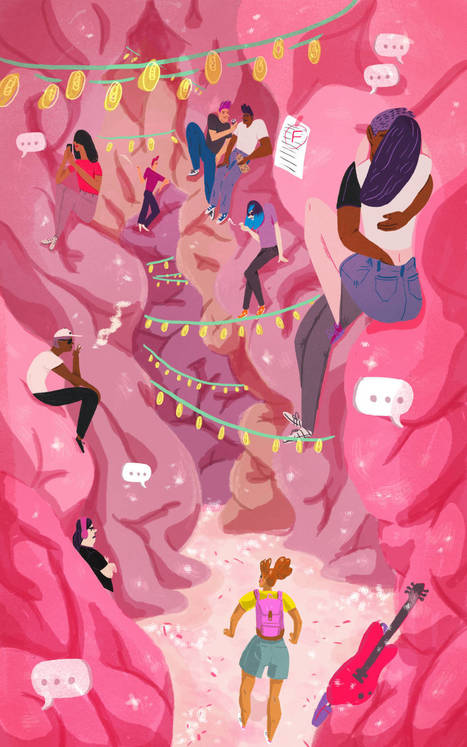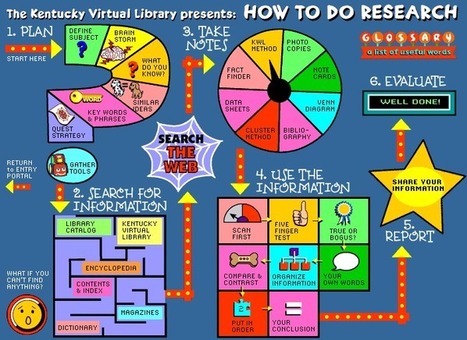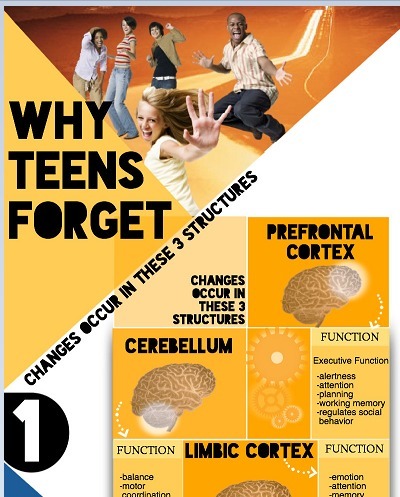Nearly every week, if not every day, a new report comes out detailing the latest findings and results around what works—or doesn’t—when it comes to the latest instructional approaches and tech tools. But what’s clearly not working is getting educators to pay attention to this research to inform their own work in the classroom.
In the spirit of putting the educators at the center of education research, the nonprofit Jefferson Education Exchange (JEX) and the Institute of Education Science (IES)—the independent research arm of the U.S. Department of Education—have joined forces to embark on a listening tour to understand if and how their current research strategy is missing the mark.
Over the next few weeks, officials from JEX, which is based out of the University of Virginia’s Curry School of Education, and IES are visiting Omaha, Neb. and Raleigh, N.C. to “enter into serious discussions” with teachers, principals and superintendents, says Mark Schneider, the director of the IES.
As is, it seems educators give minimal weight to what research says, much less how it’s delivered, and the IES wants to change that.
“We’ve been producing really good research ... but ultimately, if we care about student success, we need teachers involved in the process,” Schneider tells EdSurge. “We need to understand what kind of work and research is most useful for them. We need to understand how to get it in their hands, and then how to make it work better.”
Research and publish the best content.
Get Started for FREE
Sign up with Facebook Sign up with X
I don't have a Facebook or a X account
Already have an account: Login
Professional learning in a glance (or two)!
Curated by
John Evans
 Your new post is loading... Your new post is loading...
 Your new post is loading... Your new post is loading...
|

Audrey's curator insight,
December 5, 2013 3:24 PM
Thanks for this Beth. I will add this to my tutorials for students. It is very helpful, Audrey. Also have a look at www.hotmoodle.com. 
David Baker's curator insight,
December 8, 2013 1:01 AM
I plan to share this at the School Accountability meeting I am chairing next week. We have a standing agenda item - the middle school student. This is a great resource and in a great format to start conversations at school and home. |

















